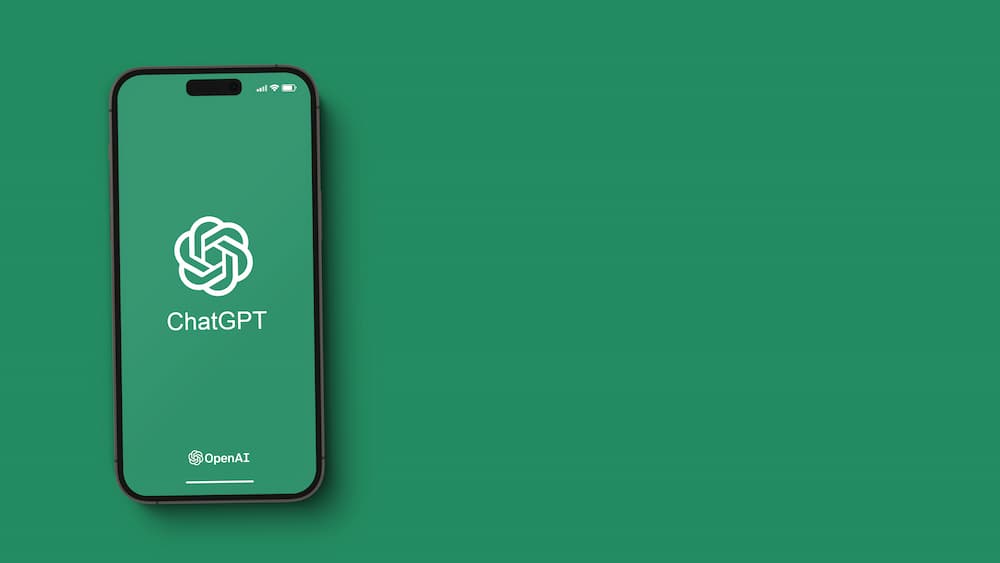News about ChatGPT—as part of 12 Days of OpenAI, daily live streams featuring company leaders announcing and demonstrating new product features—got attention from the HR tech community on LinkedIn this week.
On Day 10 of the series, OpenAI announced two new ways to access ChatGPT: via phone call and WhatsApp. The move got a big reaction: “WAKE-UP CALL: ChatGPT on WhatsApp isn’t just another update,” wrote Jason Averbook, partner at Mercer. “It’s a seismic shift that will fundamentally transform how work gets done. And most organizations aren’t ready.”
Here’s how it works: When users send a message to ChatGPT’s number on WhatsApp (from supported countries), they can type a query and receive an answer. The experience is similar to using ChatGPT on its web or mobile apps, but the release adds another access option.
This feature is particularly useful for those who regularly use WhatsApp. However, the functionality is not significantly different for users already accessing ChatGPT through other platforms. There are limitations, though: a daily usage cap and the absence of advanced features like ChatGPT search, image-based chatting and personalization options.
Introducing 1-800-ChatGPT
While WhatsApp only supports text conversations, OpenAI also introduced 1-800-ChatGPT as a voice-based option. Users can call the number from any phone, where an AI voice assistant answers and processes spoken queries. This voice interaction is comparable to Alexa or Siri, but responses come from OpenAI’s large language model (LLM).
Users can call 1-800-ChatGPT for up to 15 minutes per month at no cost, with additional usage governed by OpenAI’s terms and privacy policies. Note that the knowledge cutoff for responses is October 2023.
What it means for HR
In an interview, Averbook told HR Executive that this expansion of ChatGPT highlights the growing presence of AI tools in daily life. “As leaders, we must shift from managing to anticipating, from restricting to enabling, and from reacting to proactively shaping the NOW,” he said.
He emphasized that organizations succeeding in 2025 will be those embracing AI as a thought partner to empower employees responsibly. “The question isn’t whether we’re ready for AI—it’s whether we’re ready to lead in a world where AI is already here,” Averbook added.
Community reactions and concerns
LinkedIn users shared mixed reactions to Averbook’s post. Some praised the innovation, while others expressed concerns about security and potential misuse. One user noted that integrating AI tools into platforms like WhatsApp might lead to big behavioral shifts, while another warned about the risks of inconsistent advice from AI, which could undermine decision-making and reinforce the need for authoritative leadership.
Concerns about job displacement and privacy also cropped up in the LinkedIn comments. One user questioned whether ChatGPT could access all WhatsApp messages (the answer is yes—OpenAI says they are reviewed for safety), reflecting broader unease about data security despite WhatsApp’s end-to-end encryption.
It’s clear this is only the beginning—there’s much more to come, likely well beyond Day 12.
Credit: Source link











